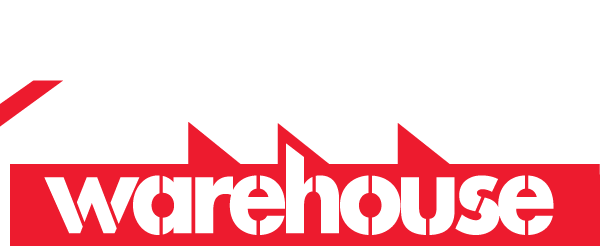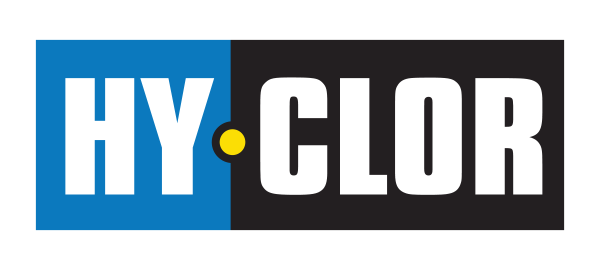Do Chlorine Tablets Kill Algae?
Yes. Used consistently, chlorine tablets help prevent algae growth by maintaining a sanitised environment. For severe algae blooms, pair them with an algaecide and shock treatment for best results. [...]
Yes. Used consistently, chlorine tablets help prevent algae growth by maintaining a sanitised environment. For severe algae blooms, pair them with an algaecide and shock treatment for best results. [...]
Stabilised tablets contain cyanuric acid to protect chlorine from sunlight, making them perfect for outdoor pools. Unstabilised versions are best used for indoor pools or quick boosts of chlorine. Hy-Clor [...]
Typically, a standard 200g tablet dissolves over 5–7 days, depending on water flow, temperature, and placement.
When used correctly, no. Never place tablets directly on your pool’s surface. Always use a floating dispenser, or chlorinator to avoid fading or damage.
A good starting point is one tablet per 20,000 litres per week. However, always test your water and adjust based on how often your pool is used and weather conditions. [...]
While liquid chlorine has a noticeable scent, proper dosage and balanced pool chemistry reduce any lingering odour. Over-chlorinating, or a pool with high chloramines can lead to strong smells, so [...]
Wait until chlorine levels drop back to the safe range of 1-3 ppm. This usually takes a few hours, but check with a pool test kit or test strips [...]
Yes. Unlike granular products, you can pour pool liquid chlorine directly into the water near the return jets. It disperses quickly, saving time.
Liquid chlorine is primarily used to disinfect pool water, killing bacteria, algae, and other contaminants. It helps maintain clear, safe swimming conditions.
It depends on your needs. In the granular chlorine vs liquid chlorine comparison, granular chlorine is typically easier to store, longer-lasting, a little cheaper and more concentrated, making it ideal [...]
For routine maintenance, use daily or as needed based on water testing. During heavy use or after storms, more frequent application may be needed.
The exact amount depends on your pool’s size and water condition. As a general guide, use 40-80ml per 10,000 litres of water for regular chlorination. For shock treatment, follow product-specific [...]
Granular chlorine is used to sanitise swimming pools by killing bacteria, algae, and other harmful organisms. It keeps water clean and safe for swimmers.
You should see results within about 24 hours of treating your pool.
If you are wondering how to fix a green pool fast, use shock treatment for almost instantaneous results.
Yes. While chlorine prevents algae, adding too much chlorine can also cause metals to oxidise and turn your pool a different green altogether.

178 Power St
Glendenning NSW 2761
Australia
help@hyclor.com.au
Phone: +61 2 8805 2400
Helpline: AU 1800 625 123
Helpline: NZ (09) 973 2477
Available Monday to Friday
© HY-CLOR Australia Pty Ltd. All rights reserved.

